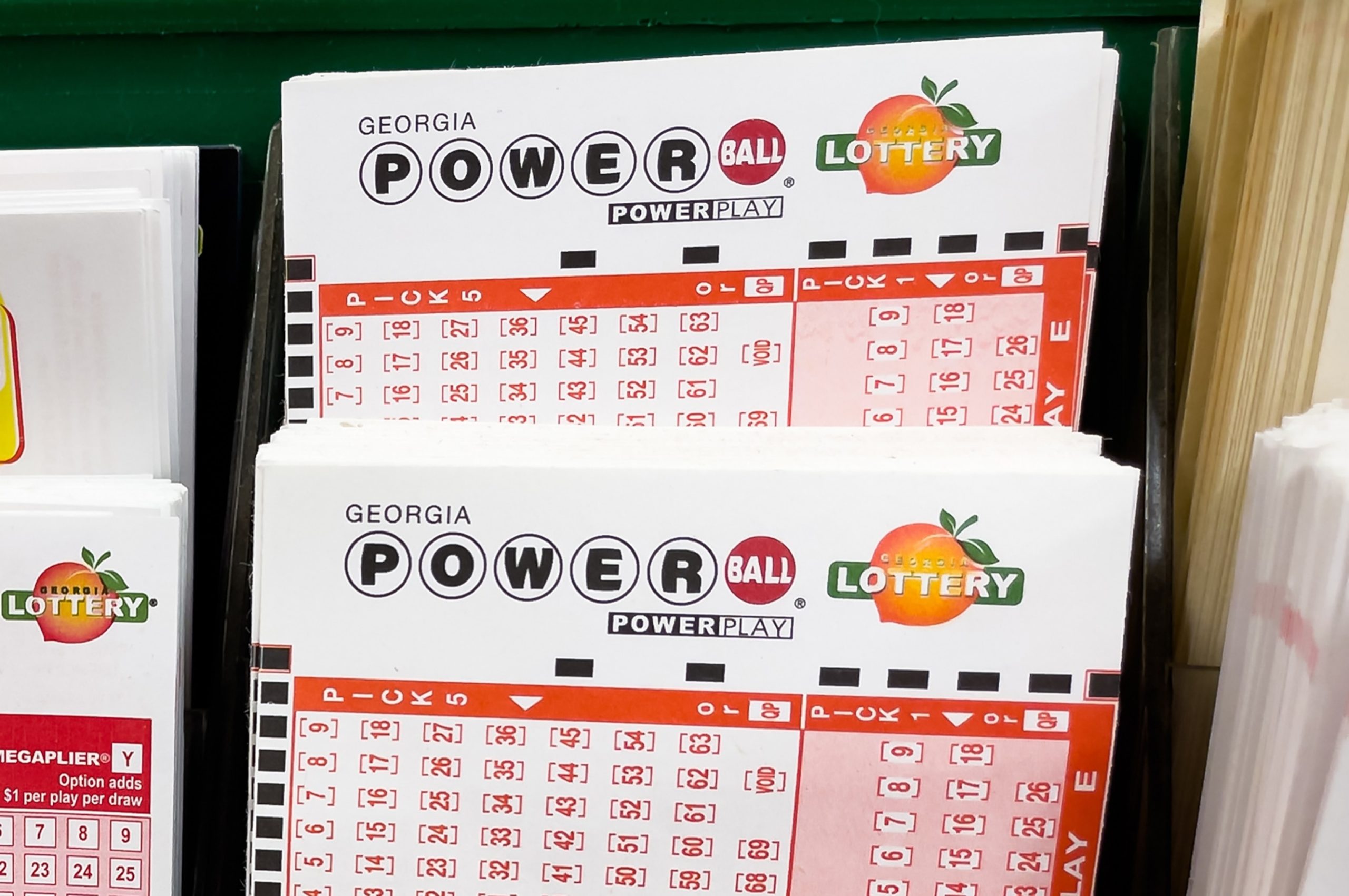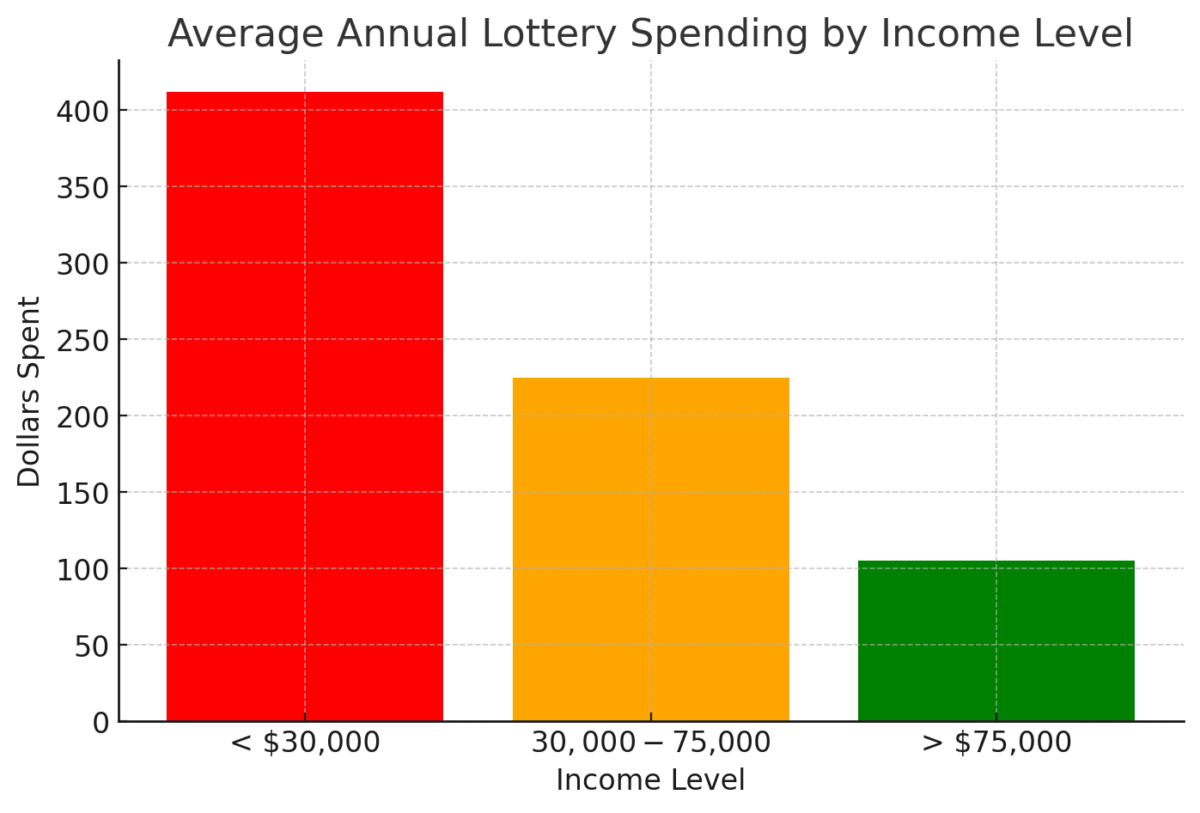Understanding probability and odds is essential to anyone aspiring to win a jackpot prize. Being informed on this matter will allow you to assess whether a particular game merits their time and money investment.
Massive lottery wins have captured global attention, altering lives of winners while sparking imagination among players worldwide. Some jackpots have defied odds by millions-to-one, showing us just how unpredictable random events can be.
History of jackpots
In poker, a jackpot refers to a prize pool that builds until someone claims it. It is most frequently associated with high-stakes games and has long been used as an umbrella term to describe any big pot of money; more recently it has also been utilized in various lotteries and television shows.
One of the biggest jackpot winners in Las Vegas history was a 25-year-old software engineer, who hit a $22.6 million Megabucks win using numbers related to her family birthdays and lucky numbers – and she did well by selecting them!
One Florida woman in her 80s who won a jackpot was in her eighties; she decided on taking out a lump sum payout of approximately $278 million after taxes, quitting work at a hospital, giving away millions to charity while continuing living her previous lifestyle; but tragedy struck only weeks after being involved in an automobile accident involving another vehicle.
Odds of winning a jackpot
Lotterie jackpots in the US can reach stunning amounts. While odds for winning a Powerball jackpot are only one in 292 million, increasing your chances can still be done with some steps and strategies: buying more tickets; and being careful how you spend your money.
In November 2022, one ticket holder won an unprecedented jackpot prize of $2.04 billion in California, Florida, and Tennessee. This jackpot prize was divided among three winners who lived across those three states.
Since that time, the largest US jackpot reached over $1.35 billion during a Mega Millions drawing held July 29. It marked only the fourth time ever that such an enormous prize had been won; its anonymous winner purchased their ticket from Las Palmitas Mini Market in Los Angeles; their store owner also received a one million bonus for selling such an important ticket.
Taxes on jackpot winnings
Like finding money in your wallet, winning a jackpot feels fantastic. That sudden windfall could help cover an overdue bill or go towards purchasing that dream item you had in mind. Just keep in mind that unlike found money, jackpot winnings are subject to tax.
Before they see a penny of their jackpot winnings, winners will have to pay an upfront federal withholding tax rate of 24%; this will reduce the prize by approximately $129 Million if choosing the lump sum option. If they opt for lump sum payment instead, their tax rate could even be higher.
State income taxes also impose taxes on jackpot winnings in some states, like New Jersey where its top rate can take 13% of winnings. Before spending your winnings, consult an accountant and set aside enough for taxes before spending. Alternatively, claim them over time to reduce tax liability over time.
Tax-free jackpot payouts
Once a lottery jackpot has been won, its winner must decide between taking their prize in annual payments or as one lump sum payment. Even though winning a lottery jackpot is tax-free, you may owe some taxes depending on your tax bracket and additional state and local taxes may also apply.
If you win a large jackpot, you may be able to reduce the taxable winnings by deducting money that was lost playing on the same machine; however, the IRS may require documentation of any losses you claim as deductions.
Prior to modern advances, lottery winners would experience an audible cacophony as tokens landed in noisy stainless steel coin trays. Now, winning numbers are announced through an electronic ping from a credit meter; regardless of this change, any big win remains cause for celebration!




